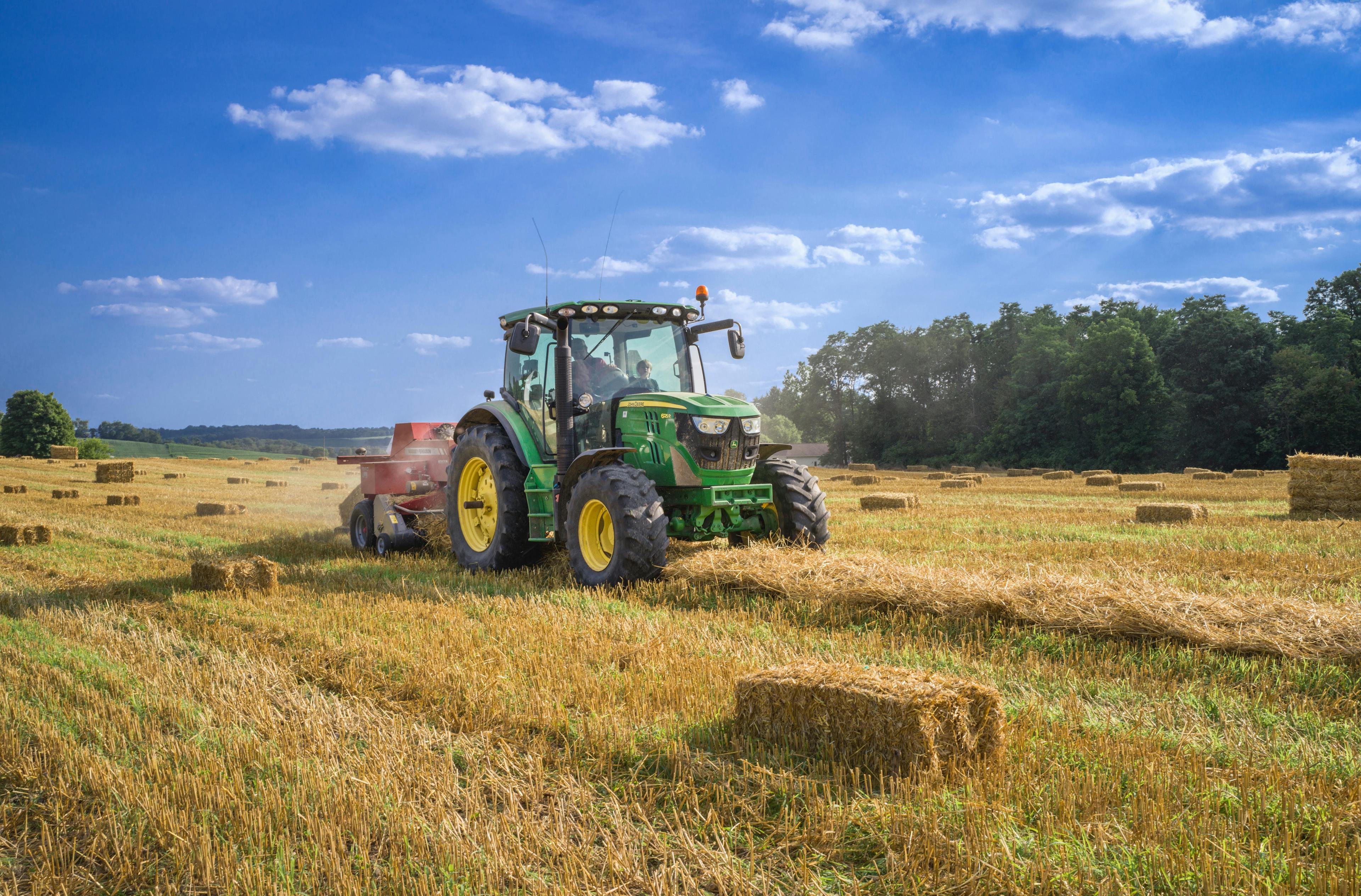AgrAbility
“Agricultural workers with disabilities are often unable to continue working in a manner they are accustomed to, resulting in reduced productivity and increased chance of secondary injury. But with the help of AgrAbility, many of these professionals are able to put their knowledge and expertise back into the field.” — AgrAbility
2 mins
TABLE OF CONTENTS
Link to hear article read aloud.
What?
The Resource Key Featured Brand this week is AgrAbility.
Who?
AgrAbility is a United States Department of Agriculture (USDA) funded program that provides support, education, and assistance to ranchers and farmers with disabilities. AgrAbility was started through the 1990 Farm bill, the first eight State/Regional AgrAbility Projects (SRAPs) were funded in 1991. During that time, “the National AgrAbility Project (NAP) was led by Purdue University’s Breaking New Ground Resource Center in partnership with Easter Seals (national office).” Learn more about the history and structure of AgrAbility here.
Why did The Resource Key want to feature YIC?
According to the U.S. Department of Agriculture (USDA), more than 200,000 farmers, ranchers and agricultural workers acquire occupational injuries each year that limit their ability to perform essential work tasks. It is important that people with disabilities are included in the agriculture industry. AgrAbility “enhances the quality of life for agricultural workers with disabilities by funding educational programs that advance their knowledge of farm safety, educate health professionals, and adapt new technologies for farmers with disabilities.”
Social Impact?
Ensuring people with disabilities have access to employment opportunities in production and agriculture occupations, in addition to assistive technology that is needed for work and daily life activities is important. AgrAbility provides the following valuable supports :
- Innovative educational programs to advance individual capabilities.
- Direct services to agricultural workers through individual consultations.
- Aligning assistive technology with each individual’s needs for work and daily life activities.
- Networking opportunities for information sharing, provision of services, and funding from individuals or organizations not employed by AgrAbility.
Where to Follow and Stay Updated?
Facebook, Twitter, YouTube, Website
Quote
“Agricultural workers with disabilities are often unable to continue working in a manner they are accustomed to, resulting in reduced productivity and increased chance of secondary injury. But with the help of AgrAbility, many of these professionals are able to put their knowledge and expertise back into the field.”
— AgrAbility
Join the The Resource Key Newsletter
Subscribe to get our latest content by email and for upcoming events.
